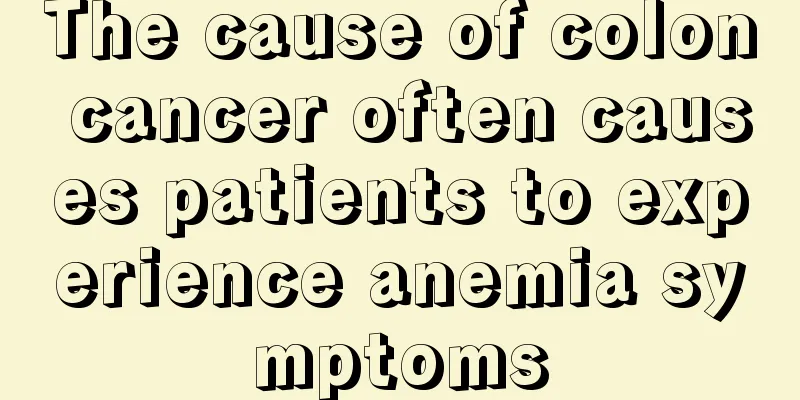What are the causes of smelly teeth

|
Some people may find that their teeth have smelly teeth. Smelly teeth are different from bad breath. Bad breath is mostly caused by poor cleaning or digestive problems. But smelly teeth are caused by tooth decay. Tooth decay refers to damaged teeth, and there are usually cavities inside the decayed teeth. Therefore, when eating, the remaining food can easily enter the tooth cavity, and it is difficult to clean it out during cleaning. Over time, the food residues accumulate in the tooth cavity and become smelly. Hence the problem of bad teeth. 1. Bacteria During the occurrence and development of dental caries, bacteria play a leading role in the onset of dental caries. Therefore, in recent years, it has been internationally recognized that dental caries is a bacterial disease. There are many types of bacteria that cause dental caries, the most important of which are certain mutans streptococci and lactobacilli. These bacteria mix with mucin and food debris in saliva and adhere firmly to the tooth surface and pits and fissures. This adhesive substance is called dental plaque. The large number of bacteria in the plaque produce acid, causing the enamel surface under the plaque to decalcify and dissolve. Clinical investigations have shown that children with more plaque in their mouths tend to have more dental caries. 2. Diet Diet is an important factor for bacteria in the formation of dental caries. Food contains a large amount of carbohydrates and sugars, which not only provide energy for the life and activity of bacteria in plaque, but also produce organic acids through bacterial metabolism. The acids remain on the tooth surface and in pits and fissures for a long time, causing demineralization and destruction of enamel. Subsequently, some bacteria dissolve proteins to form cavities. There are many caries-causing sugars, the most important of which is sucrose. During the period of tooth development, nutrition determines the biochemical structure of tooth tissue, and well-calcified teeth have high caries resistance. If the food contains insufficient mineral salts, main vitamins and trace elements, such as calcium, phosphorus, vitamin B1, D and fluoride, the teeth's resistance to caries will be low, creating the conditions for the onset of caries. Deciduous teeth occur, develop and calcify during the fetal period. Although the mother's nutrition during the lactation period does not have a decisive influence on the development of fetal deciduous teeth, strengthening maternal nutrition is still beneficial to the calcification of deciduous teeth. Unless the mother suffers from severe metabolic disorders or genetic diseases, deciduous teeth are generally not seriously affected. 3. Teeth The morphology, structure and position of teeth have a significant relationship with the incidence of dental caries. The pits and fissures on the biting surface of teeth are defects left over from the development process. Cells and food debris are easily retained in deep pits and fissures, and are difficult to remove, which can easily induce tooth decay. Teeth with insufficient mineralization, especially insufficient calcification, have low density of enamel and dentin, low caries resistance, and are prone to caries. Although the content of fluoride in the mineralized structure of teeth is very small, it is very important for enhancing the caries resistance of teeth. If teeth contain an appropriate amount of fluoride, tooth decay is less likely to occur. The structure and calcification of deciduous teeth and young permanent teeth are not mature enough, so they are easily affected by caries factors and have a high caries rate. Saliva is the external environment of teeth, playing the role of buffering, washing, anti-staining or antibacterial. Large amounts of dilute saliva can clean the surface of teeth and reduce the accumulation of bacteria and food debris. Small amounts of thick saliva tend to accumulate, promoting plaque formation and adhesion on the tooth surface. The properties and composition of saliva affect its buffering capacity and also affect the living conditions of bacteria. |
<<: How to treat genital folliculitis?
>>: Why does pubic hair turn white?
Recommend
How to relieve physical fatigue
In fact, in life, many people will find that thei...
What are the symptoms of advanced liver cancer? Introduction to the four symptoms of advanced liver cancer
It goes without saying that liver cancer is the d...
What can you do with expired yogurt
Expired yogurt cannot be eaten. Supermarkets ofte...
How can men prevent breast cancer? Eating less and exercising more can prevent male breast cancer
Breast cancer is not only a disease for women, me...
Why do my breasts feel hot after my boyfriend touched them?
During sexual intercourse, couples or lovers will...
It hurts when I press the bone next to my chest
In contemporary society, due to the vigorous deve...
Clinical manifestations of different types of melanoma
Among surgical diseases, melanoma is something th...
How can I get rid of eye bags?
If a woman has bags under her eyes, it will give ...
Symptoms of a sore nose_What are the symptoms of a sore nose
There are reasons for a sore nose, but many peopl...
Four ways to induce vomiting quickly?
In daily life, we often encounter this situation....
Understand the spread of nasopharyngeal carcinoma and effectively control the disease
Cancer is not only a difficult disease to cure, b...
What causes migraine and vomiting?
Headache is the most serious problem that trouble...
My face suddenly became red, swollen and itchy
The skin on people's faces is the most sensit...
The key is to grasp the precautions before bladder cancer treatment
Bladder cancer is more common in middle-aged and ...
How should lung cancer be treated with health preservation?
The stubbornness and incurability of lung cancer ...









